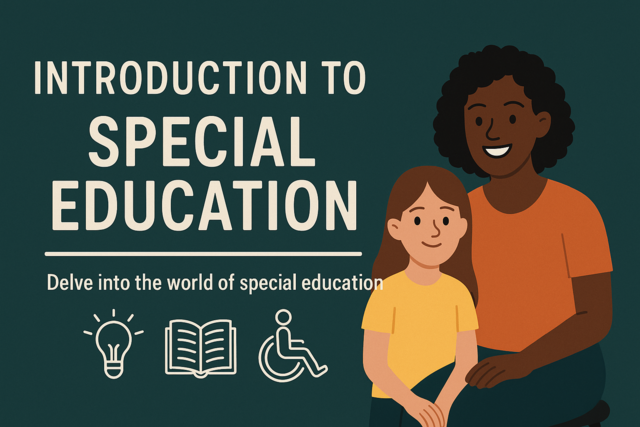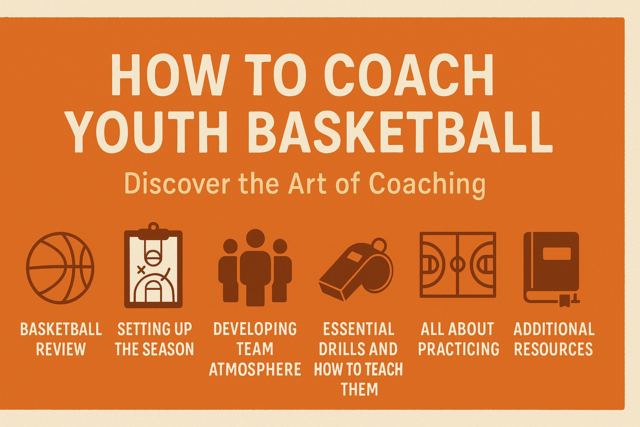Understanding Learning Styles
Unlock the Power of Personalized Education

3 Hours average completion time
0.3 CEUs
15 Lessons
17 Exams & Assignments
81 Discussions
15 Videos
30 Reference Files
124 Articles
Mobile Friendly
Last Updated January 2026
Unlocking the Power of Learning Styles: Your Comprehensive Guide
Welcome to a transformative journey into the world of learning styles. Whether you're an educator, a business professional, a parent, or simply an individual with an insatiable thirst for knowledge, this course promises insights that will change the way you view learning forever.
Why is this course essential?
We live in a diverse world, where every individual has a unique way of processing information. Recognizing and understanding these variances can be the key to unlocking potential, both in academic settings and in everyday life. By delving deep into the nuances of learning styles, this course offers a blueprint for educators, trainers, and leaders to tailor their methods to match individual needs, thereby maximizing outcomes.
Here's what awaits you inside:
-
Historical Foundations: Embark on a historical exploration of learning style theory, tracing its evolution and understanding its foundational concepts.
-
Multiple Intelligences Unveiled: Dive deep into Howard Gardner's groundbreaking Theory of Multiple Intelligences. Learn how these distinct forms of intelligence intertwine with individual learning styles and influence how each person absorbs and processes information.
-
Assessment Techniques: Gain proficiency in assessing various learning styles, empowering you to customize instruction and engagement strategies.
-
Navigating Learning Challenges: Equip yourself with the knowledge to identify and address learning difficulties, ensuring every learner gets the best chance at success.
-
A Peek into Contemporary Research: Stay updated with the latest findings in the domain of learning styles. Understand how current research is shaping pedagogical techniques and offering newer perspectives.
-
Styles Explored: Delve into the characteristics and needs of intuitive learners, visual learners, verbal learners, active learners, reflective learners, sequential learners, and global learners. Recognizing these styles can be the first step in fostering an environment conducive to each learner's growth.
-
Iconic Models of Learning Styles: Explore influential models that have shaped the understanding of learning preferences, including Anthony Gregorc's Model, the Dunn and Dunn Learning Styles Model, and Neil Fleming's VARK Learning Style Model.
-
Constructivism & Its Implications: Engage with the fundamental theories of learning, such as constructivism, and comprehend their relevance in contemporary education and training.
-
Interactive Learning: Through quizzes and assessments, test your grasp of the content, ensuring a robust and comprehensive understanding of the material.
Whether you're designing a corporate training module, crafting a lesson plan, or simply looking to better understand yourself or those around you, this course will arm you with invaluable insights. By the end of your journey with us, you'll not only be familiar with the diverse learning styles but also possess the skills to cater to them, thereby fostering environments of enhanced understanding and growth. Dive in, and let's unravel the wonders of the human mind together!
- Addressing diverse learning challenges effectively
- Mastering assessment techniques for learning styles
- Tailoring education to learning preferences
- Utilizing multiple intelligences for customized learning
- Boosting learner success with individualized approaches
- Integrating innovative teaching models
- Enhancing student engagement through personalized strategies
- Navigating contemporary educational research
- Fostering inclusive learning environments
-

ESL Grammar Skills: Level 1-5 Course Bundle
-

Personality Development
-

Positive Parenting Techniques
-

Building Self Esteem
-

Sociology 101
-

Decision Making Skills
-

Writing Help Course Bundle
-

Mastering Conversation Skills
-

Mixed Media Art
-

Delegation Skills
-

Introduction to Organizational Psychology
-

Autism 101
-

Understanding Childhood Obesity
-

Introduction to Special Education
-

How to Teach Reading Fundamentals
-

Goal Setting for Business
-

Child Abuse Recognition, Investigation, and Protection
-

Introduction to Child Psychology
-

Introduction to Abnormal Psychology
-

How To Coach Youth Basketball
-

Meditation Mastery: Learn How to Meditate
-

Attention Deficit Disorders: ADD and ADHD
-

How to Write Short Stories for Children
-

The Art of Setting Goals
-

Relaxation 101
